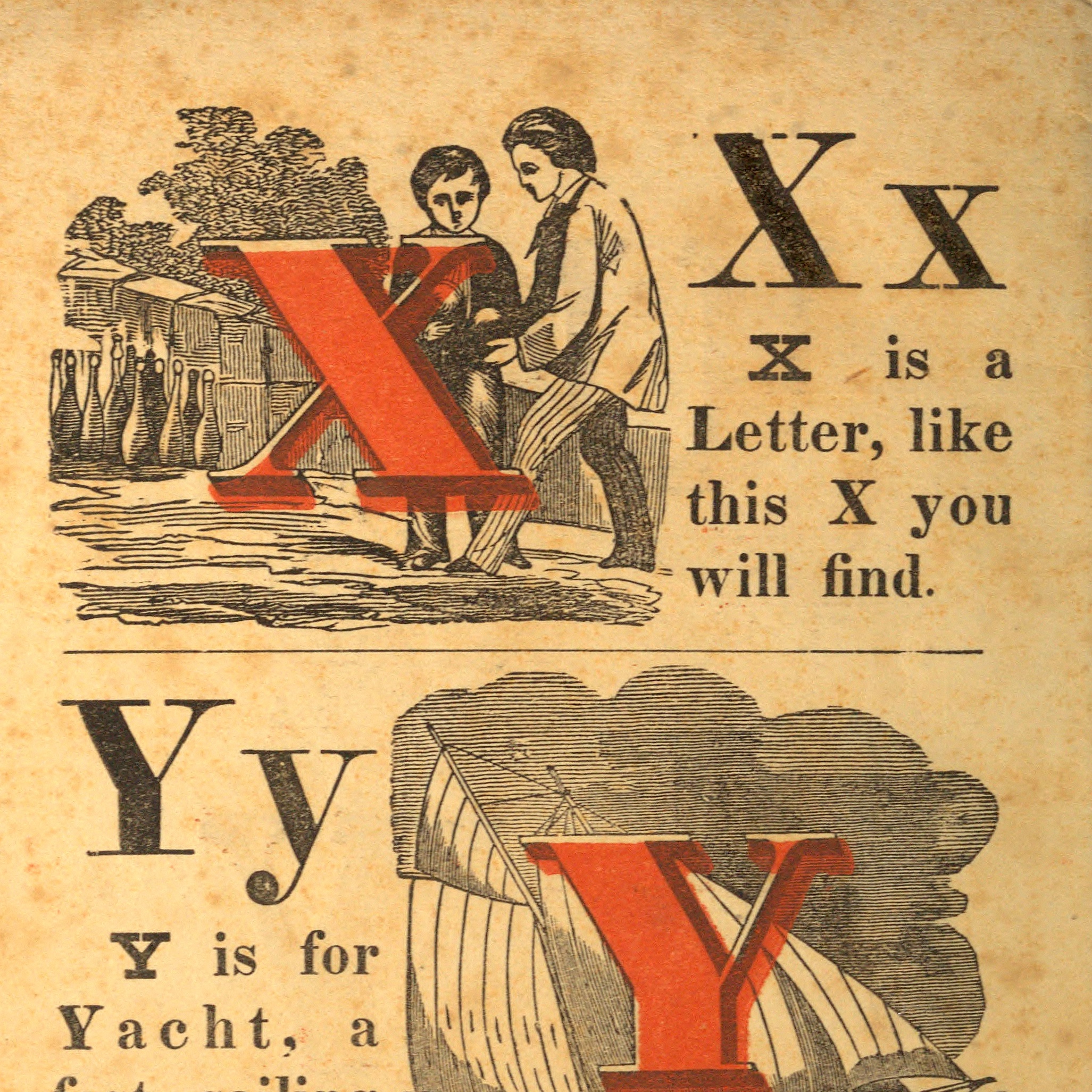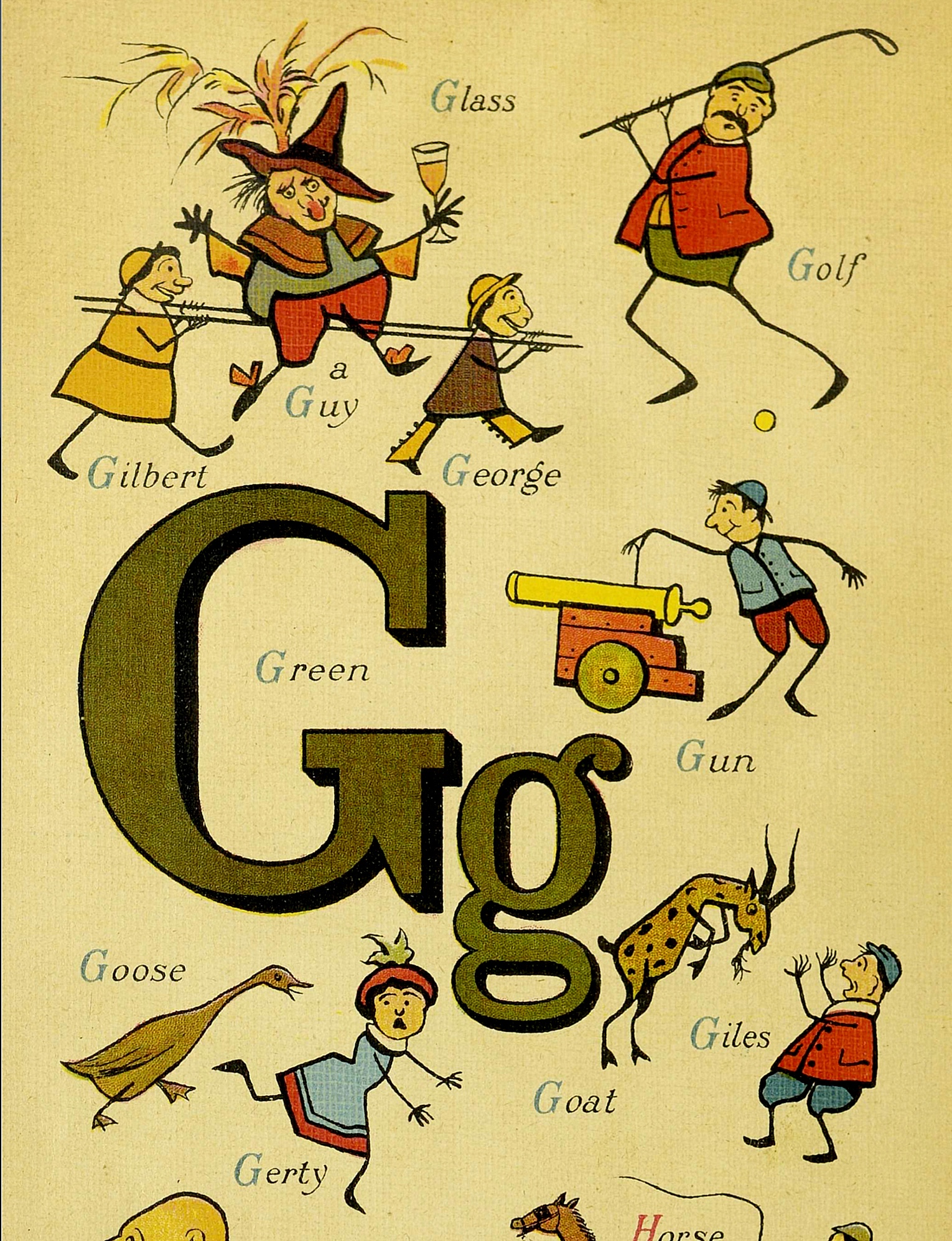 X doesn’t start much in modern English, limiting our alphabet poets to a poor choice between xylophone and X-ray. This is why English speaking toddlers know so much about internal medicine. To branch out a bit sometimes our abecedarists will pick a short word ending in or containing X, because here we have options like axe and fox, words whose spellings have not changed since the time of the Rune Poem. In Old English, X starts no words, nothing, and it ends only a very few. This posed a conundrum for the Rune Poem poet as the runes came before the poem, and one of them signified the letter X. This is one of the clues we have that the runes might have originated with the Etruscans: the Etruscan X looks identical to the Old English rune for X: ᛉ. X is in the mix, so they had to find a word to represent it. X as a word ending being the only option, they went with eolhx, twisting us all around with its inscrutability unless you remember Britain was occupied by Latin speakers for 400 years, then we can see that eolhx is a perfectly clear choice and the best option. They didn’t have to go this route, though, there are some perfectly fine Old English X word alternatives just lying around for them to find. They could have chosen one of these:
X doesn’t start much in modern English, limiting our alphabet poets to a poor choice between xylophone and X-ray. This is why English speaking toddlers know so much about internal medicine. To branch out a bit sometimes our abecedarists will pick a short word ending in or containing X, because here we have options like axe and fox, words whose spellings have not changed since the time of the Rune Poem. In Old English, X starts no words, nothing, and it ends only a very few. This posed a conundrum for the Rune Poem poet as the runes came before the poem, and one of them signified the letter X. This is one of the clues we have that the runes might have originated with the Etruscans: the Etruscan X looks identical to the Old English rune for X: ᛉ. X is in the mix, so they had to find a word to represent it. X as a word ending being the only option, they went with eolhx, twisting us all around with its inscrutability unless you remember Britain was occupied by Latin speakers for 400 years, then we can see that eolhx is a perfectly clear choice and the best option. They didn’t have to go this route, though, there are some perfectly fine Old English X word alternatives just lying around for them to find. They could have chosen one of these:
Seax: A knife with a lot of variants like a blodseax, the knife to you use to draw enemy blood, or the metseax, a meat knife for the after battle feast. Or pick a grooming knife like the scearseax (razor) and næglsex, (nail cutting knife), these must have been small. Perhaps the wingeardseax was small too? This is a vinyard knife, useful for pruning but maybe not as exciting for poetry as a blodseax.
Feax: Hair. There’s plenty of variety here too: wanfeax for brown hair, gyldenfeax for golden hair, gamolfeax and blandenfeax for grey hair, if you wear it in braids or twisted into dreads you have wundenfeax, and if you are bald you are andfeax, upfeax if you are only balding in the front.
Weax: Wax, very valuable, you could give somebody weaxgescot, a payment sometimes in the form of a weaxæppel, a wax apple, a ball of wax or half of one, a weaxhlaf. People were often weaxgoern, greedy, about it and no wonder. A weaxcandel is much cleaner burning than one made from tallow and very useful, especially to the weaxberende, the wax candle bearer who needs the light if they have any intention of writing into the night on their weaxbred: a writing tablet with a reusable wax surface.
You could look to the animals for X words and find some good options like fix, fish, or the more specific hranfix, merefix, scilfix, ælfix, and leax (whale, ocean fish, shellfish, eel, and salmon). If you want a land mammal you could pick the lox or the feldoxa, the lynx or a pastured ox, though this last one can be hard to motivate. You could also choose a bird, perhaps a mythical one like the fenix, or if you want to be even more mysterious pick the pernex, nobody knows what kind of bird that is.
Poor X. There’s not much for X to do in English. X is no S or C; it’s barely on the same level as Z. At least it’s not J. Without a few word endings and a whole list of scientific words, it’s hard to know why we keep X around. What is X for?



